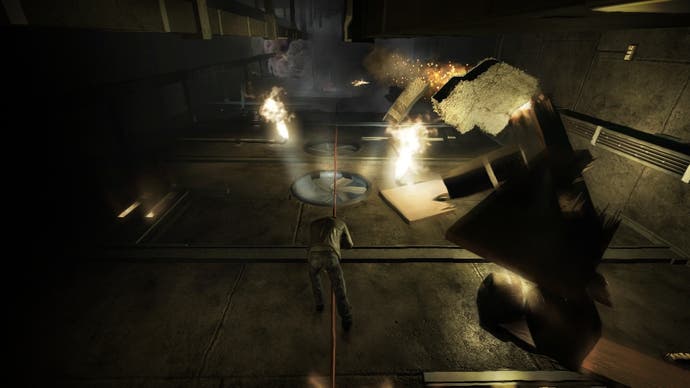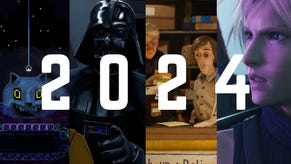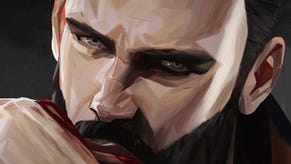Alone in the Dark
The Garden of Eden.
All the best things are too hard to do, and because there's so much to do you often do one thing when you mean another: switching off the torch while trying to run, pulling yourself through to the backseat of a car when you meant to turn the steering wheel when you first climbed in. When it's not clumsy, it's fiddly: if there's a medical spray and some bandages in a cupboard, and you've already got bandages, you have to go into the inventory and drop the existing bandages so you can pick up the new ones to gain access to the spray. Context-sensitive actions, like picking up objects, stack on top of each other in close quarters, so you find yourself twitching the stick this way and that in the hope of getting in the right position to pick up some sticky tape or a water bottle. Even towards the end of the game, it's a fumble, and this is on top of having a restricted inventory that forces you to keep dumping stuff in close quarters to accommodate other things, which you then struggle to pick up.
You could argue that some of this is the Resident Evil theory of restrictive controls generating tension, but it's just as plausible that Alone in the Dark is too busy trying to be different to other games to notice what it's getting wrong. Where an action used to require zero real input, like healing, or used to be inexplicable, like carrying around an inventory of weapons and equipment, here it must be elaborate, practical, considered. All that thought and no one pointed out that you can't move, attack, defend or pick things up competently.
It's not just the controls that are clumsy, either: the first couple of episodes are full of glitches, clichéd puzzles and dodgy sequences that don't come off. The car chase sequence through New York streets is the most broken: the city's being torn apart, buses flying overhead, tarmac cleft and buildings toppling, so the peculiar handling and rutted terrain conspire to set you back as much as possible, and each snag usually gives the pursuing scripted sequence a chance to gobble you up and force you to restart. By the time you've watched the same bus fall off the same ledge rising at the same angle for the umpteenth time, any suspension of disbelief has long since snapped like overstretched elastic under a flame. Once in Central Park, things become more straightforward as you move between objectives sticking to the simplest path to avoid being overrun by monsters. In fact the game becomes rather linear, and produces some of its best moments.

But in much the same way the controls miss the point in their attempts to be distinctive, so - in and amongst all its best moments - the general gameplay succumbs to problems as old as the genre itself. There are unsympathetic checkpoints, which put you back in the game prior to a tricky puzzle you'd already completed, or expect you to finish a ten-minute battle with enemies who can attack from near and far, with tentacle tongues that knock things out of your hands. As you get to the end of the game, you're also asked to go out into the park to take out a sequence of evil trees, which involves driving all around and setting them alight using severely limited resources. Some of these scenarios are quite interesting and inventive, but really they're only there to stop you finishing the game for a bit longer, and of course to make things difficult the trees are conspicuously positioned away from sources of fire.
Yet in spite of all this, Alone in the Dark is ultimately likeable, even lovable. If you go back and read those opening paragraphs again, there's a game there that every gamer would want. Inventive, flexible, considered. It's stunning to look at it in places, too, and it's capable of classic gaming moments: quieter than the Would You Kindlies and This Was A Triumphs, but just as special. And in Edward Carnby's practical survivor, Eden has a tool players will enjoy sharpening. The problem is that every time you get excited about Alone in the Dark, it shuts you down. At times it's akin to Atari's Boiling Point: Road To Hell of three years ago; throw any score on the ten-point scale and it will stick to something, but there's so much friction on the lower end that it's often impossible to pull away and remember when you brushed past genius. You want to love it, but it just keeps letting you down, and in the end that's the impression that sticks to the wall and stays there.
Alone in the Dark is due out on Xbox 360, PC, Wii and PS2 on 20th June, with a PS3 version still in development. Xbox 360 version reviewed.






